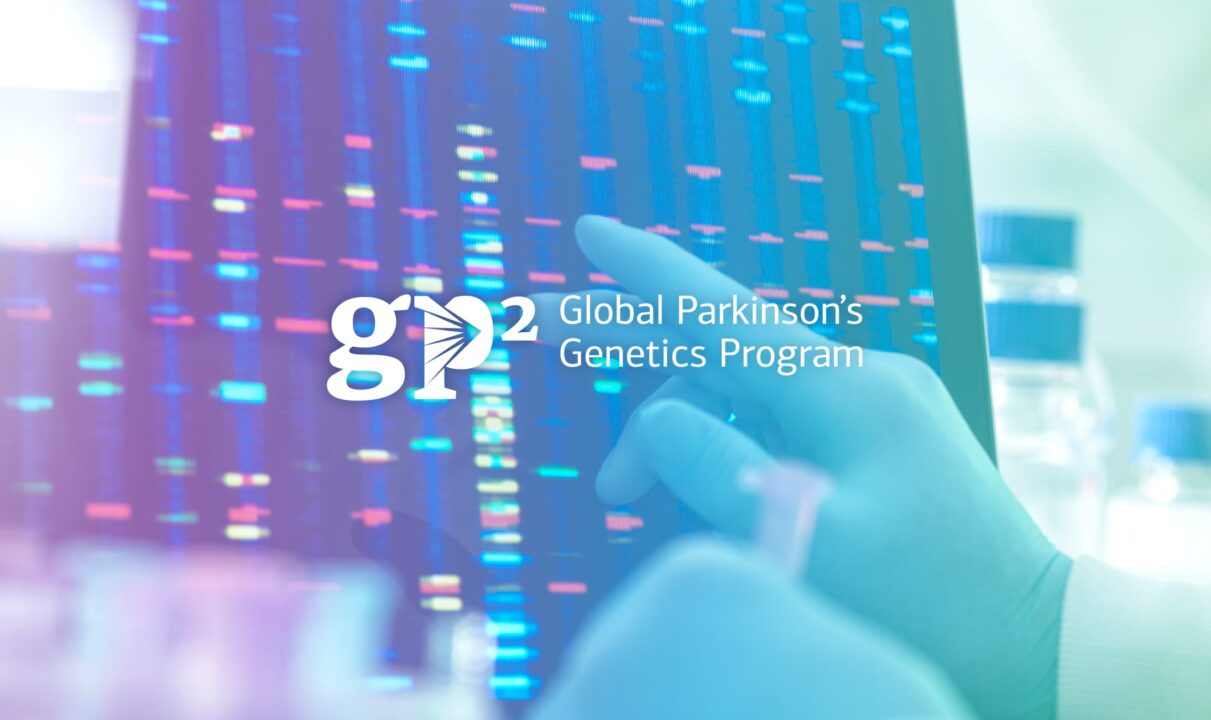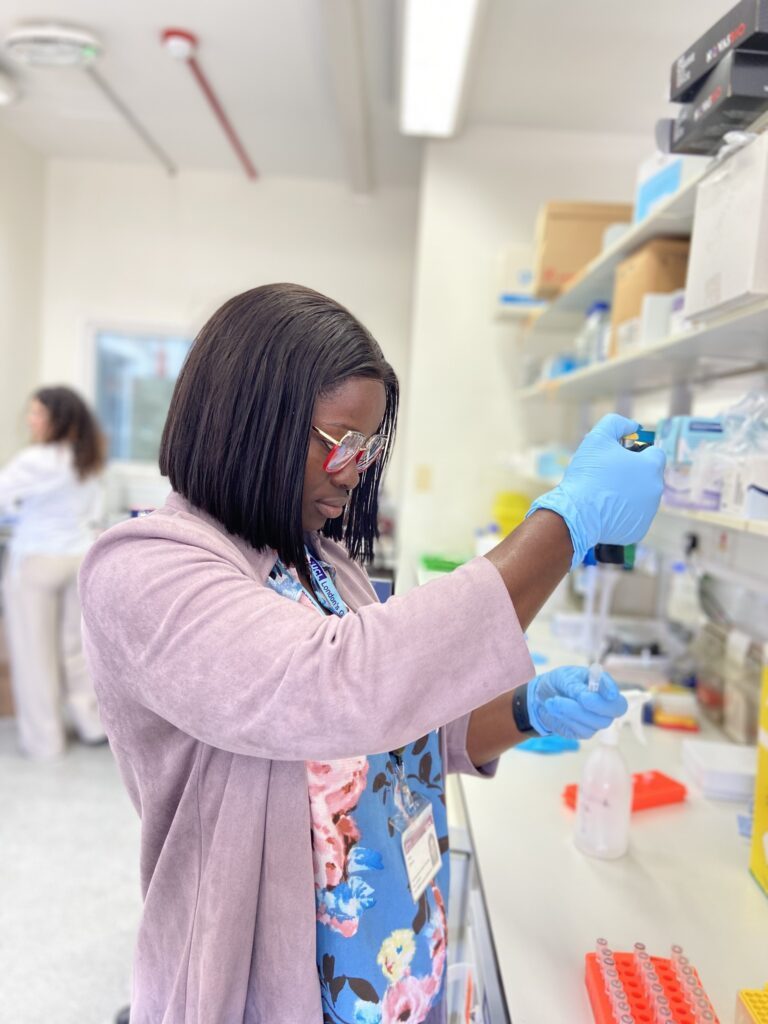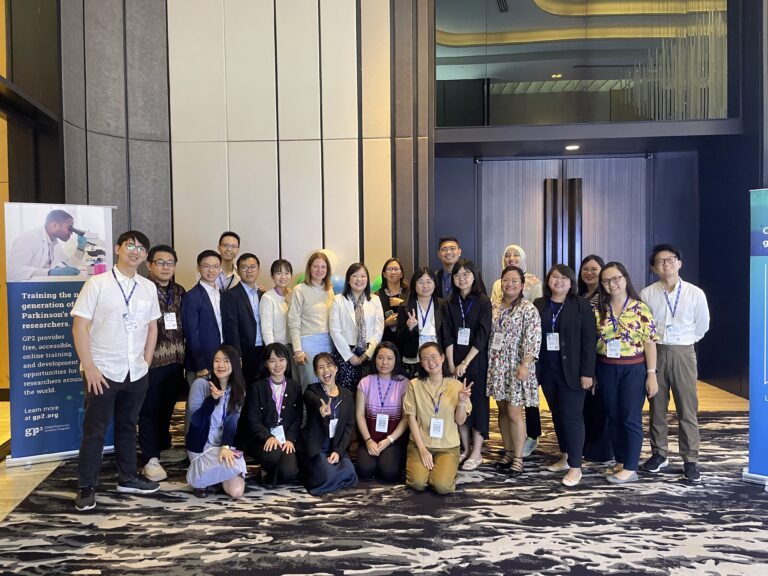It is my absolute belief that genetics will provide the foundational knowledge required to develop effective treatments of Parkinson’s disease. Genetic knowledge gives us a starting point to understand the fundamental disease process and enhances our ability to predict who will get disease, when they will get it, and how it will progress. Don’t get me wrong, genetics isn’t the only avenue we should pursue, but it is so foundational, it should be our earliest priority.
This is the first in a series of blog posts, hopefully from a variety of contributors, which will describe our intent and our journey over the next five years of an incredibly exciting project called the Global Parkinson’s Genetics Program, or GP2 for short.
The last few years have been an incredibly exciting time in human genetics. Revolutionary advances in technology have transformed our ability to ask fundamental questions about disease risk. The Parkinson’s disease research community has certainly taken advantage of this opportunity, with a dozen or so known genetic causes of disease and 90 identified risk regions in the genome. However, there still remains a lot to be done; we only know the location of ~30% of the predicted genetic risk for disease, and so far this work has been limited to patients of Northern European ancestry. Our knowledge of disease in underserved populations remains woefully small. The most immediate challenges that spring to mind then are 1) Identifying new (but usually very rare) disease causing genes; 2) Expanding our understanding of genetic changes that don’t cause, but do contribute, to risk; and 3) Expanding all of this work to diverse worldwide populations. The good news is ‘we have the technology’ – our journey along this path is only limited by our ideas, our resources, and our ability to collaborate.
The Aligning Science Across Parkinson’s (ASAP) initiative will provide transformative support to address critical challenges in Parkinson’s research. They with the Michael J. Fox Foundation are providing the resources. Over the last few years the International Parkinson’s Disease Genomics Consortium (IPDGC) meetings have each ended with a discussion of our immediate priorities and aims for the future, from small and incremental needs, to large blue sky ideas. This group has provided the ideas. Now the Global Parkinson’s Genetics Program brings together scientists, clinicians, and patients from all over the world to work on solving these problems. GP2 provides the framework to collaborate.
Together, our aim is simple. Dramatically expand our understanding of the genetic basis of Parkinson’s disease, with the aim of speeding the development, testing, and application of a treatment. We have a plan of how we’re going to achieve these (like all good plans ours will probably change as new opportunities arise). Create a global collaborative network. Generate and analyze comprehensive genetic data on more than 150,000 individuals from diverse genetic backgrounds. Accelerate the discovery of novel disease causing mutations. Make our data available – and more importantly useful – to the rest of the scientific community. We are just at the start of this journey – but so far progress has been fast and, frankly, fun. We will begin engaging the broader community over the next few months – encouraging diverse groups with diverse expertise and experience to join us. We hope you will engage with us when the time is right – stay tuned.





